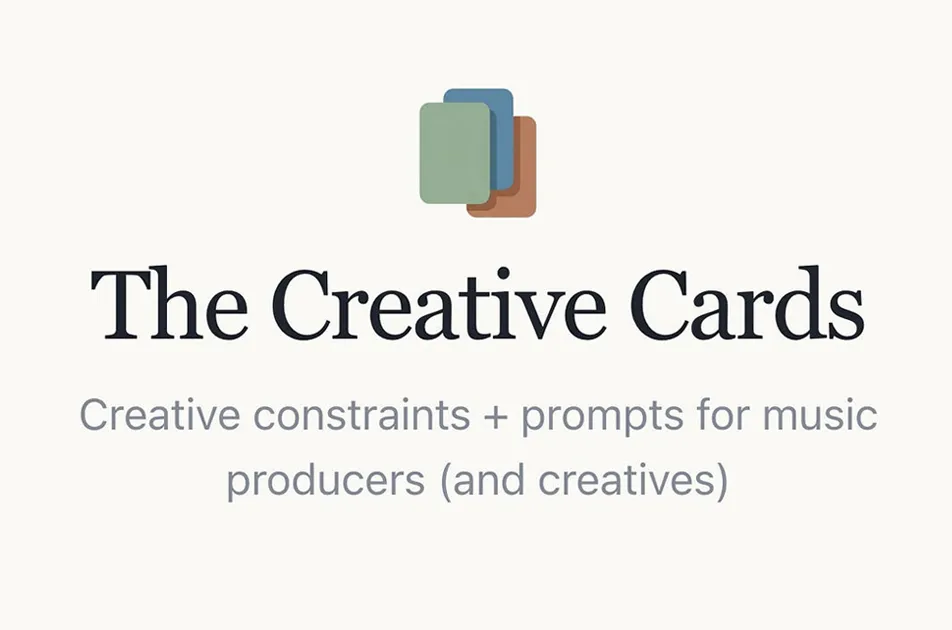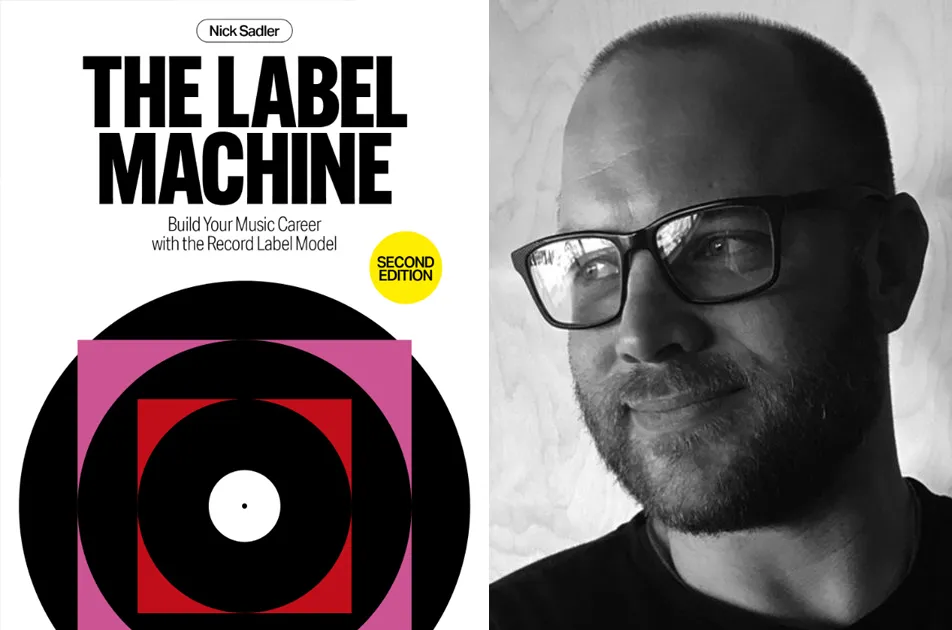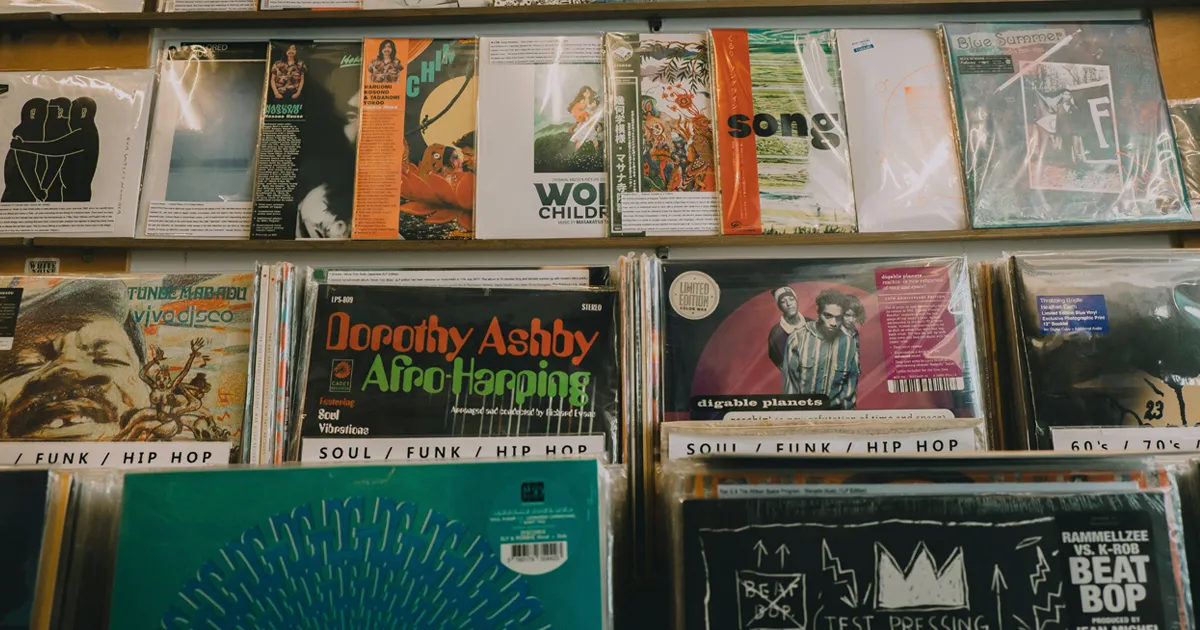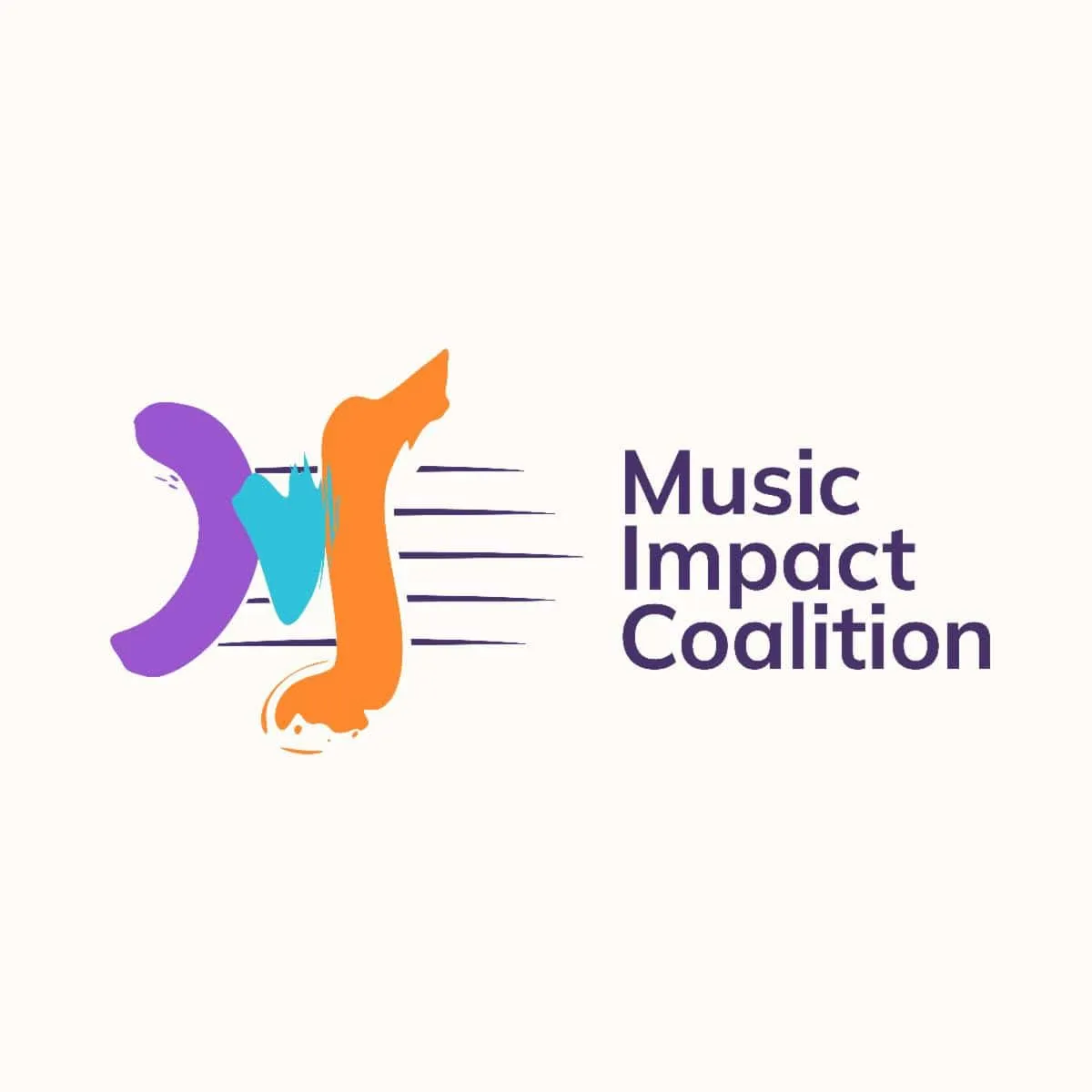SoundExchange announced today that it has reached a major milestone of one billion dollars in digital royalty payments to registered recording artists and record labels since the organization was founded in 2000. In the first quarter of 2012, $108.6 million in total royalties were distributed; marking the first time SoundExchange payouts exceeded $100 million in a given quarter.
SoundExchange collects statutory royalties from satellite radio, Internet radio, cable TV music channels, and other services that stream sound recordings. It's the only entity in the United States to collect and distribute these digital performance royalties for featured recording artists and master rights owners as entrusted by the Copyright Royalty Board, which was created by Congress.
According to the organization, the primary reasons behind this seen increase in payouts are the result of increased collections (more people registering), as well as enhanced data management and improved technology platforms.
“This milestone reflects the fact that the digital music industry is evolving and will continue to grow,” said Michael Huppe, president of SoundExchange. “We’re optimistic about where the music industry is headed and see opportunity for SoundExchange to help both creators and digital music services thrive.”
However, SoundExchange has come under fire lately. Back in March, Sirius XM sued SoundExchange and the American Association of Independent Music (A2IM) alleging that there was “an industry-wide conspiracy” to obstruct what it said were perfectly legal discussions.
This all started last year as Sirius began negotiating with record companies directly (similar to how Spotify and other on-demand services operate), looking to bypass SoundExchange entirely. SoundExchange and a number of unions and trade groups objected and accused Sirius of trying to subvert the government’s standard rate-setting process. SoundExchange makes direct payments to musicians in addition to record companies, so advocates for artists fear that Sirius’s direct deals would result in less money for performers, as all payments would be routed through the labels.
Either way, this milestone is certainly a sign of the growing diversification of music business revenue models, and those still not yet registered with SoundExchange are missing out on a huge opportunity to collect their digital payouts (register here). While digital tracks and albums still account for the majority of digital revenue (71% for RIAA member labels in 2011), digital performance royalties (distributed by SoundExchange) represented 8.1% of revenue for those labels.
—
Hisham Dahud is a Senior Analyst for Hypebot.com. Additionally, he is the head of Business Development for Fame House, LLC and an independent musician. Follow him on Twitter: @HishamDahud




